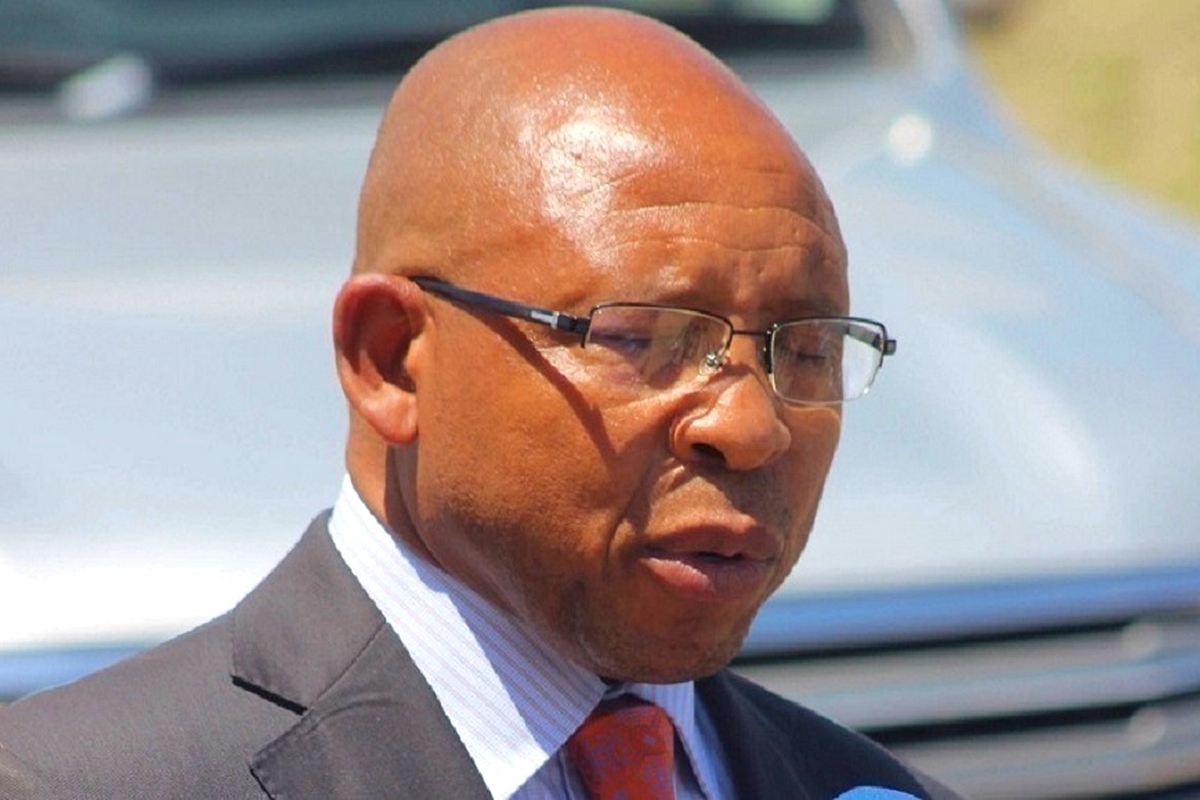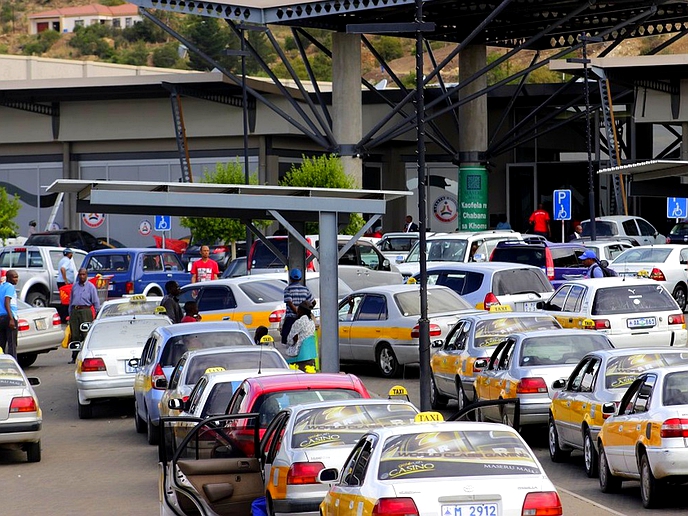REMITTANCES have had a significant impact on Lesotho’s economy over the past years, at one point, accounting for 25.8 percent of the GDP, putting the country on the top 10 remittances recipient countries in the world.
business
June 4, 2021
NEO SENOKO
4 min read
Majoro launches diaspora policy

Prime Minister Dr Moeketsi Majoro
Currently at around 14.7 percent of the GDP, Lesotho remains one of the top countries which are dependent on this source of foreign earning.
Although Lesotho’s diaspora has enormously contributed significantly to the country’s wellbeing, the full potential of the diaspora has not been exploited due to inaccurate database of citizens abroad, lack of coordination, inadequate institutional capacity and clear engagement policy between government and the diaspora community.
This was revealed by Prime Minister Dr Moeketsi Majoro recently, during the launch of the national diaspora policy.
This policy is a first step in addressing these obstacles.
The vision of the National Diaspora Policy is to ensure that the diaspora is viewed as an integral part to the development of the country by enhancing the effectiveness of its contribution to the development of the country.
This means that the diaspora should feel recognised by the government.
The policy further seeks to empower both the successful and vulnerable members of the diaspora and provide a directorate that can facilitate a committed engagement of the diaspora to the development of the country through their knowledge, capital and skills.
Central to this, according to the premier will be to ensure accountability of the government to deliver the mission.
“In recent years, the role of the diaspora has transcended merely sending remittances, to investing in businesses and philanthropic development projects and sharing of specialised skills and tourism promotion.
“Among these contributions, with reference to Lesotho, remittances have been pivotal and played a cardinal role in building our economy, at one-point accounting for 25.8 percent of the GDP, thus putting Lesotho on the top 10 remittances recipient countries in the world, according to the World Bank data.
“From 44 percent of GDP in 2006 to an estimated 21.2 percent of GDP in 2018, remittances have had a significant impact on Lesotho’s economy,” Dr Majoro also noted.
Again the policy envisages the up scaling of the diaspora outreach forums, the hosting of the inaugural Diaspora Civic Forum in Lesotho and the creation of the inaugural Lesotho Diaspora Research prize.
The Diaspora Civic Forum will be a showcase event to be held annually where stakeholders can shape direct consultations with the diaspora in line with their interest areas such as tourism, social development and investment among others.
It further encourages the creation of a Basotho Diaspora Association, the creation of the Lesotho Diaspora Support Programme and the Lesotho Leads Network as outlined in the LNDC strategy for investment purposes.
In order to achieve the envisaged goals of this policy, government will establish an institutional framework known as Diaspora Directorate under the Ministry of Foreign Affairs and International Relations to serve as the coordination mechanism, as well as setting the pace and the character on how government should interact and engage with the diaspora.
Enjoy our daily newsletter from today
Access exclusive newsletters, along with previews of new media releases.
Apart from remittances, other potential areas where diaspora can contribute meaningfully include investment opportunities.
“I am aware that the Ministry of Trade and Industry through the Lesotho National Development Corporation has developed the National Diaspora Strategy which should be harmonised with this policy to generate maximum benefits for this country. Skills transfer is also another important area where diaspora can significantly contribute through imparting knowledge to others and assisting the country with their acquired skills where necessary,” the PM also said.
This policy will augment other related policies including the Labour Migration Policy, under the Ministry of Labour and Employment as well as the Migration and Development Policy under the Ministry of Home Affairs which is still at the draft stage and the National Strategic Framework which is intended to combat human trafficking.
It is also in tandem with the United Nations (UN) – Global Compact on Safe Orderly and Regular Migration (CGM) which was adopted in 2018 in Morocco as well as the African Union Migration Policy Framework for Africa which encourages member states to facilitate the full participation of diaspora in national development initiatives by establishing frameworks and institutional structures necessary to reach, mobilise and engage resources and networks of diaspora in all sectors of socio-economic activity.
Tailored for you






